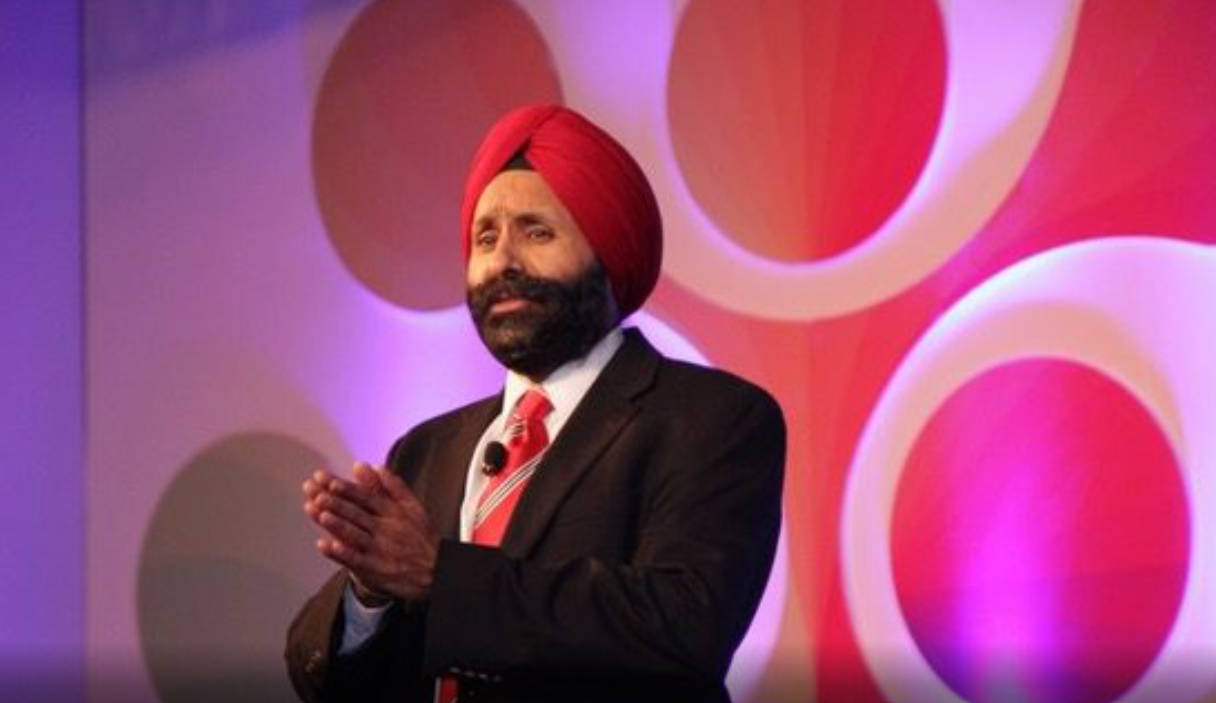Bhavdeep Singh is a highly respected leader in the global retail and healthcare industries with a distinguished track record of success in leading global companies during challenging times.
Bhavdeep Singh is currently a Managing Partner at Whitehawk Associates LLC, an independent business management consultancy specializing in Retail, Human Resources, Leadership Development, and Healthcare. He is also Chairman and co-founder of HealthQuarters, a new destination for curated and clinically-backed health and wellness services in downtown New York City.
Before joining Whitehawk Associates and helping to launch Healthquarters, Bhavdeep Singh gained an international reputation as a forward-thinking business leader serving as Chief Executive Officer of Fortis Healthcare, where he helped manage a network of more than 30 private hospitals across India. Bhavdeep Singh, prior to Fortis, was Head of US Operations at Ahold, a 26 billion dollar business. At Ahold, he had complete P&L oversight for 800 stores and 110,000 employees.
Singh attended Pace University and completed several certified courses in Leadership and Executive Management from premier institutions such as the Harvard Business School, Cornell University, University of Hartford, Dial Institute of Management, and St. Joe’s University in the United States.
His professional colleagues have noted his unique ability to enhance the efficiency, cohesiveness, and overall success of businesses throughout these diverse industries. Singh attributes this success to dedicating many years to consistently learning, growing, and working with other talented professionals who share a common vision and purpose.
Behind Any Great Success is a Cohesive Team Effort
In a recent conversation, Singh drew a sharp contrast between his own teambuilding initiatives and the 1980s New York Yankees. The Yankees, under the ownership of George Steinbrenner, had a “win-first” attitude that earned them the enmity and admiration of the rest of baseball and the flush Steinbrenner paid to bring in the best free agents in the game. Reggie Jackson, Rickey Henderson, Dave Winfield, and other future Hall of Famers donned pinstripes and electrified the home field crowd and rabid local press. The Yankees had the highest payroll of any team – often by a wide margin.
Yet, without careful consideration for how each player functioned within the overall organization, there was a palpable lack of chemistry and teamwork, and the players struggled to lead their team to the playoffs, even though their individual performances set records and made for frequent all-star game appearances. In fact, after reaching the World Series in 1981, the team did not make it back to the World Series until 1996.
In leading complex organizations, Bhavdeep Singh emphasizes the need to fully understand the work ethic, culture, teamwork, and other skills that each member brings to the table. He believes that one of the key attributes of a successful executive is understanding his or her team members and being able to bring them together to cohesively function in a successful manner.
Apart from carefully selecting a team, Singh believes that a talented senior executive sets a group’s vision and mission for the future. They assign each team member their own responsibilities and role in the group so that everyone has a clear understanding of how the group should function yet has the independence to be creative and respond to changing circumstances.
Singh also places a great deal of value in the idea that an effective leader should invest most of his or her time as a mentor, cheerleader, and coach for their team. After establishing initial guidance and direction for the team and making sure there is alignment on the goals or objectives of any new initiative, a good leader should step back and let the team, and its individual members, do what they do best.
Singh knows that high-performing leaders will step in when they notice any ongoing issues, challenges, or conflicts. Their job is to observe the issue, listen to their team members, and make a quick decision to keep moving the group forward. When leaders are able to provide guidance, cheer their team, and swiftly correct issues that arise, future success is assured.
Effective Management Starts With Solving Issues
Soaring commodity prices, supply chain disruptions, high inflation, a polarized body politic, volatile financial markets, and the ongoing COVID pandemic have tested the resolve of C-suite executives and added considerable stress to already strained management teams.
It is a refrain Singh often hears when meeting with business leaders around the world, who look to Singh and his colleagues for their thoughtful advice and trusted counsel in navigating these turbulent waters. At Whitehawk Associates, Singh has the opportunity to support other corporate leaders and solve real-world problems.
“This is where Whitehawk Associates differs from other management consultancies — we use our unmatched experience and global perspective to develop a plan for success,” says Singh.
“Our partners have led large, multinational businesses and led high-functioning, diverse teams, and we have a unique methodology to identify gaps, problems, and opportunities, and provide organizations with the processes and structure for success.”


